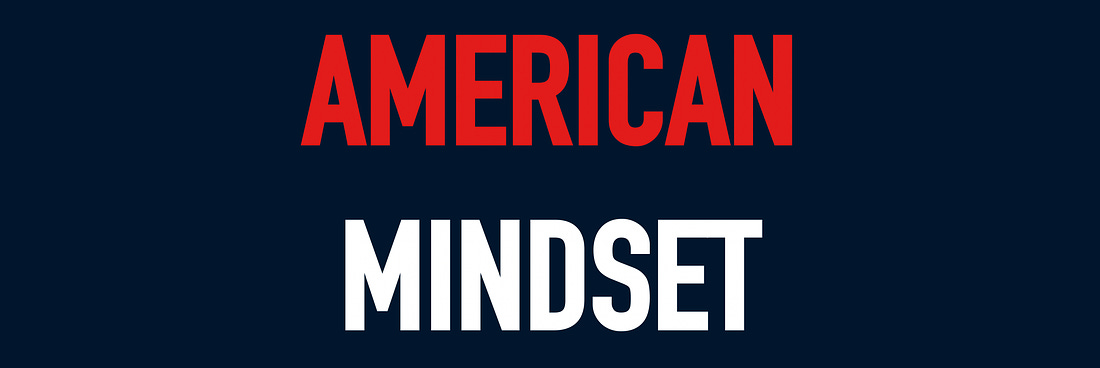What should be the goal of humanity?
I think I would have to begin with saying the goal of humanity should be to ascertain what is the goal of humanity. But I’m not even so comfortable with any quest for awareness of the ultimate human end that sees such an end as a goal to be ascertained. The word goal is “of uncertain origin” and did not gain its present meaning of the endpoint of a race or competition until about 500 years ago. The word ascertain is older, but meant “certify,” whereas later it acquired the much different meaning of proving for certain by experiment. I don’t think I’m alone in sensing that scientific testing at speed is not the way to arrive at or to arrive at an understanding of our given human end.
It is odd in a way that all our endeavors in that sense have led so few to “certify” Biblical wisdom and teaching as to the consummation of our kind, or really the wisdom of any of the ancient religions. This seems troublesome.
Even more troublesome, however, is that current scientific efforts to ascertain a goal of humanity do show a deepening affinity with medieval gnosticism, which is assuredly not just an intellectual stance or an ideology or even a philosophy. It is a full blown religion, and at this point in time, I am increasingly certain that our path to understanding the end to which our given life directs us, and to remaining on that path, requires of us a very clear eyed and clear-hearted acceptance of the responsibility to prevent the fusion of technological science with gnostic religion.
-James Poulos, executive editor of The American Mind
To sweat to the Oldies.
-David Bahr, managing editor of The American Mind
This morning on my drive into work, I was pondering how terribly we English speakers have abused the word “together.” In the age of coronavirus especially, “we’re all in this together” became code for “comply, citizen!” This is practically the opposite of what “togetherness” should mean.
For to steamroll over legitimate objections and disagreements about how to manage our communal life—as our aspiring despots have done in this most opportune of crises—is to erase the very possibility of working “together,” properly understood. Faceless collectivism is not togetherness—it is control. Real togetherness—real relationship—means reckoning seriously with the individual as the irreducible unit of sovereignty and self-governance.
Like politics, then, togetherness is the art of balancing many minds in one harmony, while maintaining and respecting the integrity of the persons involved. Compromise will be part of this, it’s true. But even compromise—as distinct from subjugation—entails accounting for the fact of other people, with other opinions, desires, goals, as real to them as yours are to you. The principle of liberty, as Aristotle says in Politics VI, is “to rule and be ruled in turn.” That’s the chess game we’re all in. The alternative is simply to snuff out the views and values of one half or more of the people, which amounts to upending the chess board entirely.
Elsewhere, in his work on language, Aristotle says that words are “symbols of conditions in the soul.” That is, we communicate with each other by exchanging audible or visible tokens that represent the impenetrable vastness of our inner lives, our unique experience of the world. When we speak with one another we bridge, miraculously, an unbridgeable gap between soul and soul.
Accomplishing some connection, some collaboration even, between two or more human beings, is the most basic form of human social activity. Without doing it, we are not even “humanity” in any discernible sense—just a mass of discrete points on an infinite plane of solitude. That is how our present rulers view us: as interchangeable parts to be moved around and lumped “together” as their will and convenience dictate.
The true rebellion against this is to become, in the language of St. Paul, a body—in which every part is distinct, but all are one. One church, one family, one nation: to form such units, so called because when rightly ordered they are united, is the proper goal of humanity. This we do in service and imitation of our God, who like each of us (see Plato’s Republic, Book IV and Matthew 22:37) is himself a unity of three in one.
-Spencer Klavan, associate editor of The American Mind


